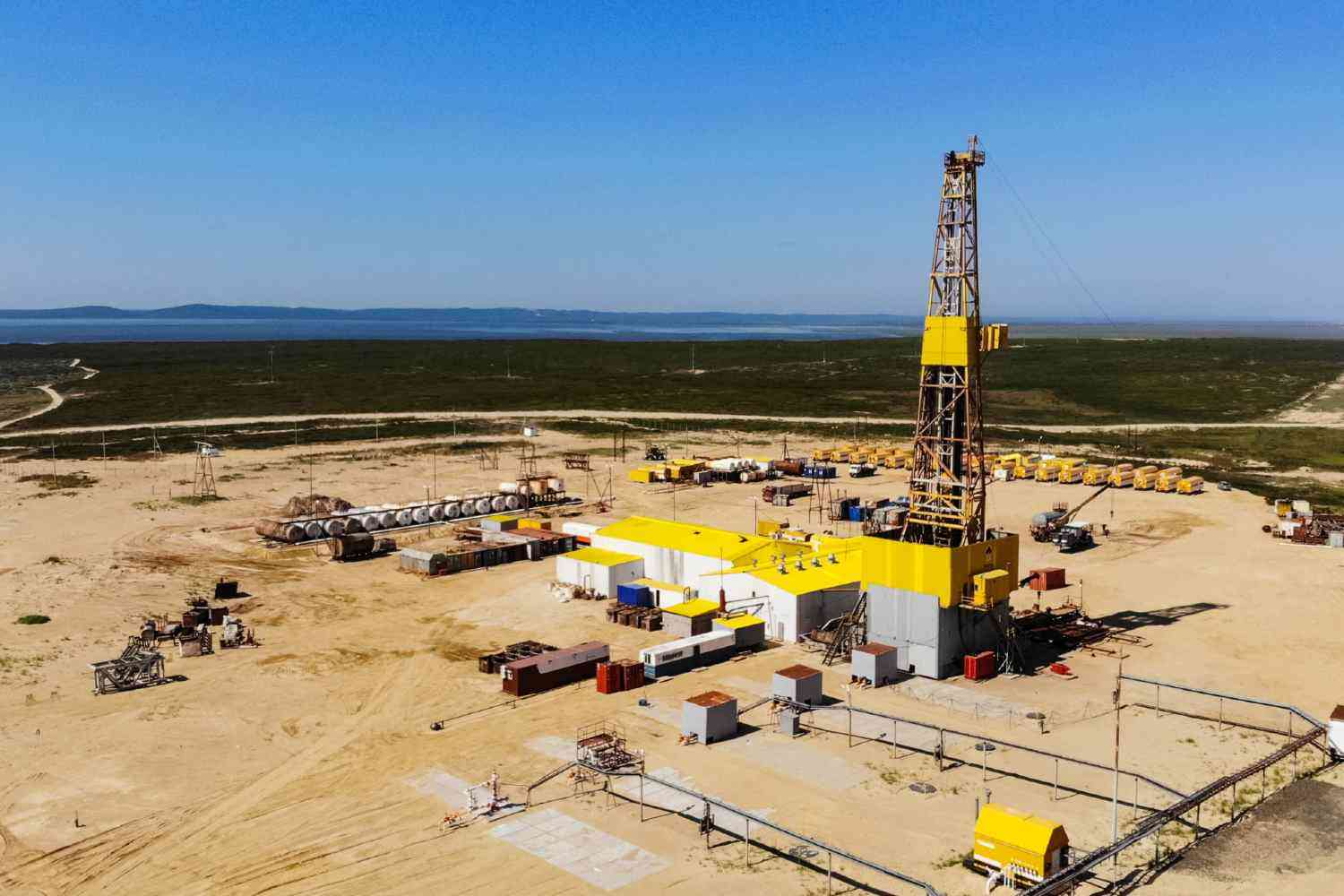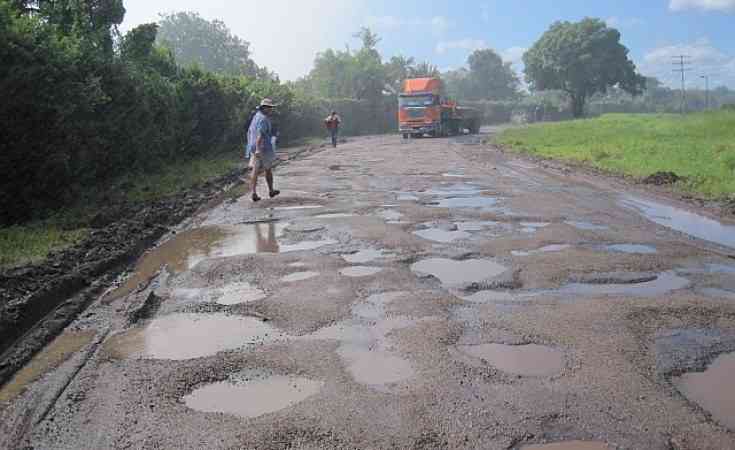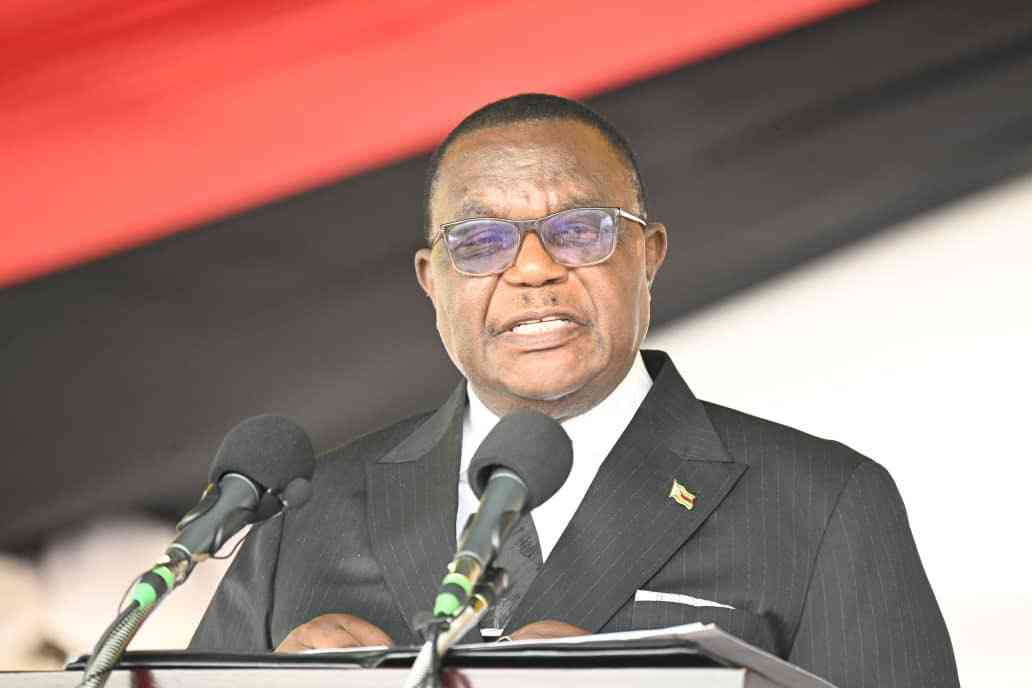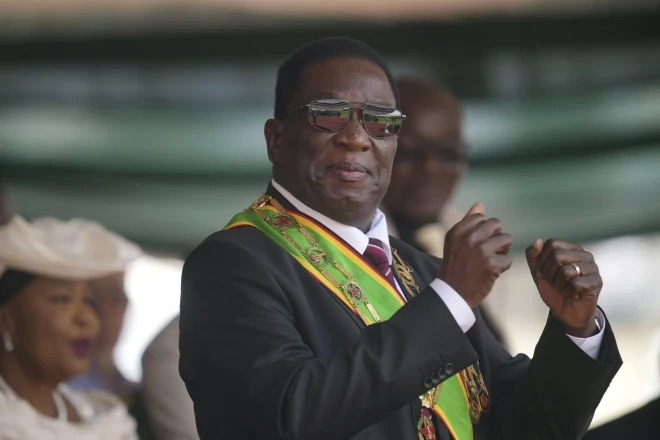
WHEN rumours about the presence of oil or gas reserves in Mbire district resurfaced six years ago, they rekindled the hopes of a community that has long lagged behind in development.
Now, with Australian exploration company Invictus Energy confirming substantial gas volumes in Zimbabwe, those hopes are becoming more tangible.
Zimbabwe finds itself in a favourable position, as global demand for gas is soaring, driven by factors like climate change, droughts, and geopolitical conflicts. Countries with untapped reserves are poised for transformative opportunities.
According to Invictus, the potential under the expansive forests of Chief Mbire's territory could be among the most significant discoveries in Africa. With the right investment, Zimbabwe might be on the brink of unlocking not just Mbire's potential but also a much-needed economic revival. This potential has not gone unnoticed by global capital markets. Invictus has successfully mobilised significant resources, with around US$100 million invested in drilling the Mukuyu 1 test well.
More recently, the government, buoyed by promising results, authorised its sovereign wealth fund, the Mutapa Investment Fund (MIF), to invest US$5 million for a stake in the project. As reported in this edition, the MIF, under the leadership of John Mangudya, will now represent Zimbabwe in negotiating a resource-sharing agreement with Invictus. This agreement will outline the distribution of benefits once the gas begins to flow. However, it is at this stage where many African governments have faltered. Mismanagement has often led to community discontent or the plundering of resources to enrich a select few. It would be a tragedy if Zimbabwe were to fall into another resource curse, akin to what was witnessed in the Marange diamond fields a decade ago.
Any deal that Mangudya signs must ensure that the finite nature of this resource is taken into account. Once the gas is extracted and exported, it is gone forever. The only acceptable deal will be one that equitably balances the interests of investors with those of Chief Mbire's community. That would be the true measure of success. This could be Mangudya’s most significant decision — a decision that will shape the future of a barefooted child in Mahuwe, or even an unborn generation in the district. Mbire remains an area with considerable developmental needs. Basic infrastructure like roads, dams, and health centres are still lacking, and the region is prone to droughts. There is much work to be done.
These community needs have been a long-standing issue in Zimbabwe, but they are precisely what people expect once their resources are tapped and exported. Zimbabwe owes the people of Mbire a debt, and after a deal is secured with investors; the government must go the extra mile. A sub-agreement with the local community should be signed, compelling the state to channel additional resources from the gas fields into development projects.
This is the only path forward that will honour the promises made and ensure that the benefits of this natural wealth reach those who need it most.
- Mavhunga puts DeMbare into Chibuku quarterfinals
- Bulls to charge into Zimbabwe gold stocks
- Ndiraya concerned as goals dry up
- Letters: How solar power is transforming African farms










